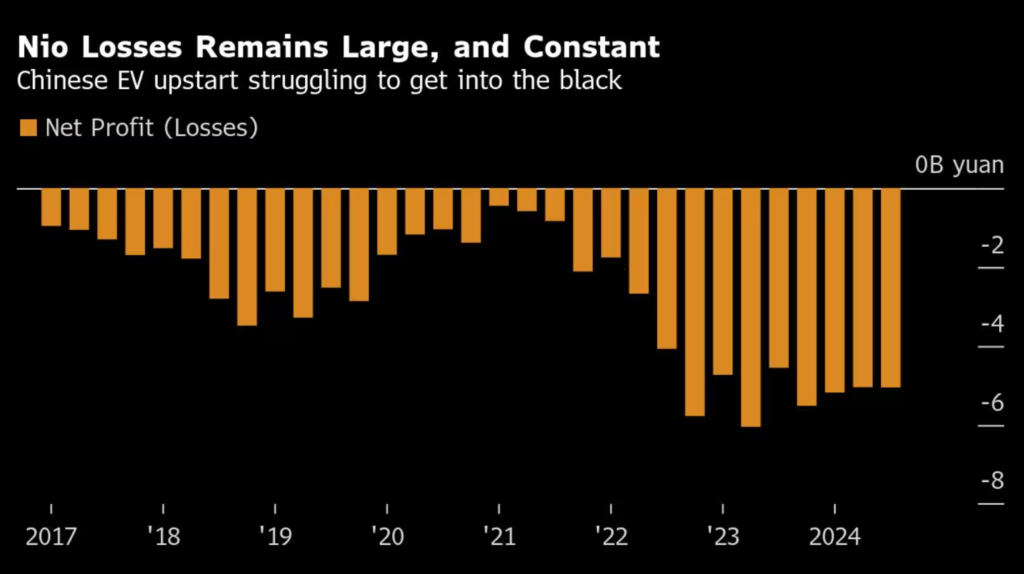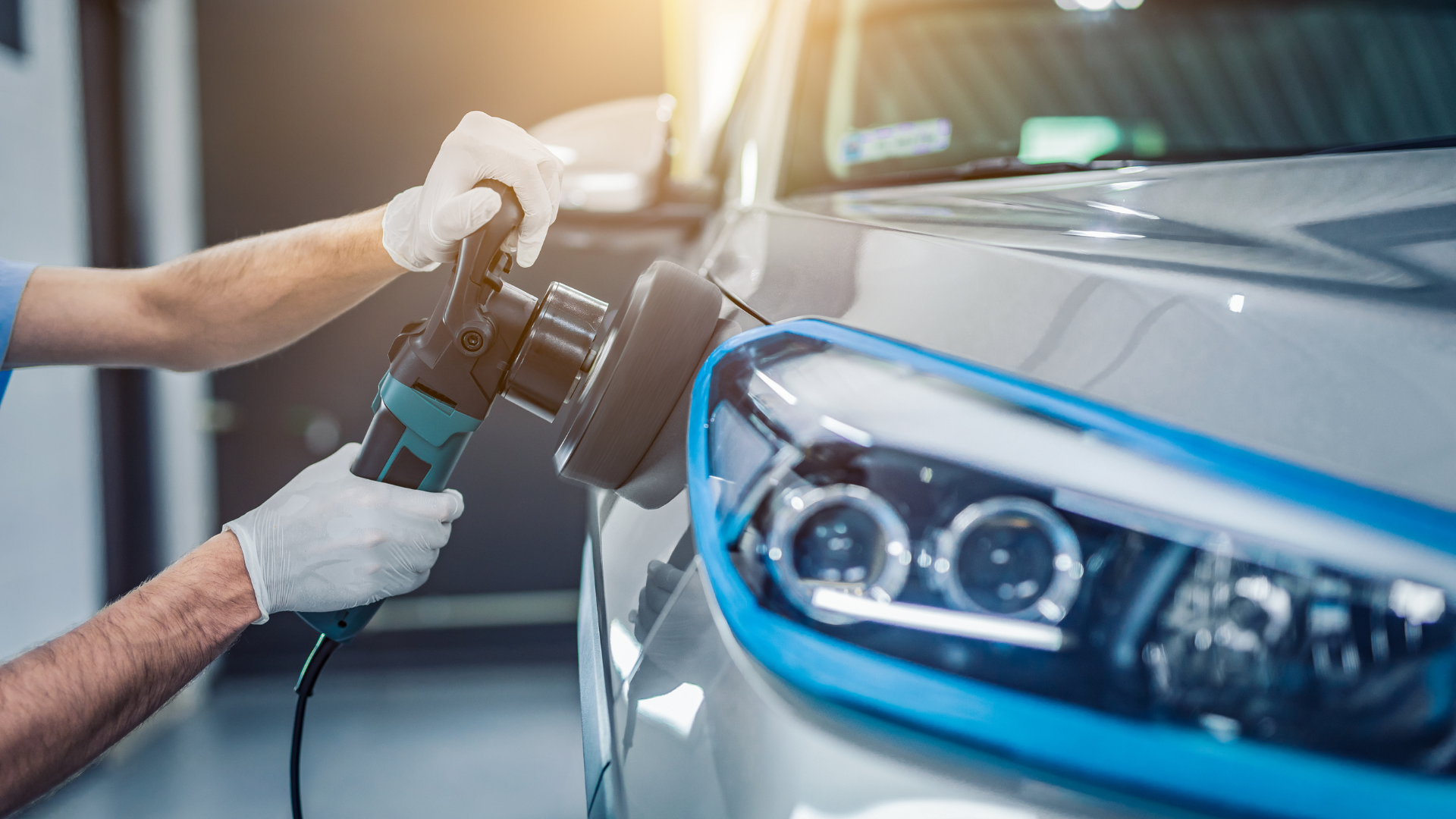Nio, the Chinese electric vehicle (EV) startup, is ramping up its efforts to capture the mass market as it struggles to stem persistent losses. Despite a steady climb in vehicle deliveries, the company reported another dismal quarter, with losses surpassing expectations. Nio’s move to diversify its lineup, which includes a focus on affordability, is part of its strategy to break even, but critics argue that this could dilute its premium brand identity. Investors remain skeptical about whether this bold shift will deliver long-term profitability.
In a bid to accelerate sales, Nio announced plans to introduce a new range of lower-cost EVs under a sub-brand. The company believes this will help expand its market share in China, where competition from Tesla and BYD is fierce. However, analysts are cautious, noting that the lower-margin vehicles could exacerbate financial strains before Nio sees any returns. The company’s CEO, William Li, reaffirmed their commitment to achieving profitability by 2025, but this timeline feels ambitious given their track record.

Nio’s persistent financial challenges have drawn scrutiny, as losses remained steady at over 4 billion yuan this quarter. This has raised questions about the viability of its business model, especially with plans to ramp up production for mass-market models requiring substantial capital. The company’s promise of a solid-state battery, which aims to differentiate its products from competitors, has also faced delays, adding to investor frustration.
Despite these setbacks, Nio remains optimistic about its technological edge and growing customer base. Its ambitious push for global expansion, including a recent entry into European markets, is viewed as a long-term growth driver. Yet, the company’s ability to balance innovation with financial discipline will ultimately determine its standing in the EV industry. With mounting losses and a volatile economic environment, Nio has a steep road ahead to fulfill its profit promises.
















